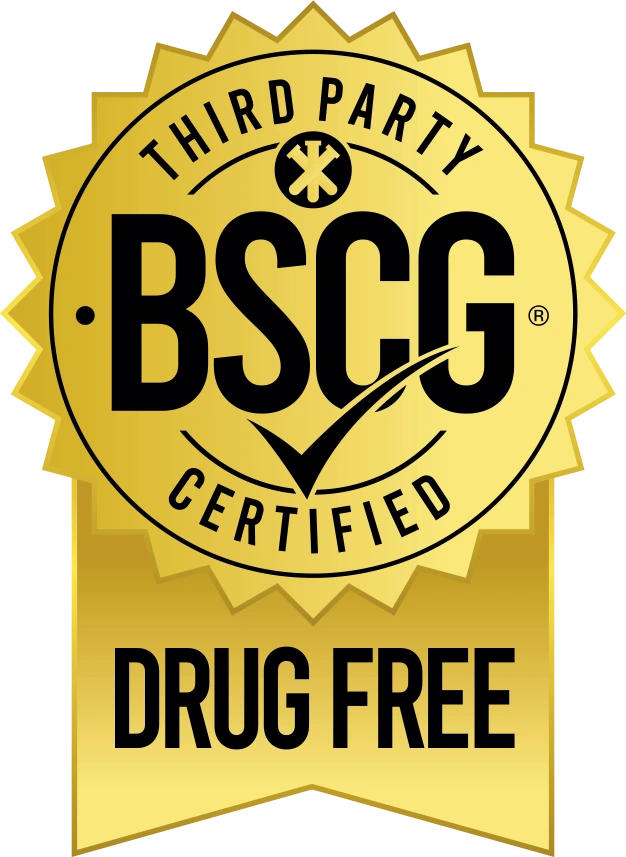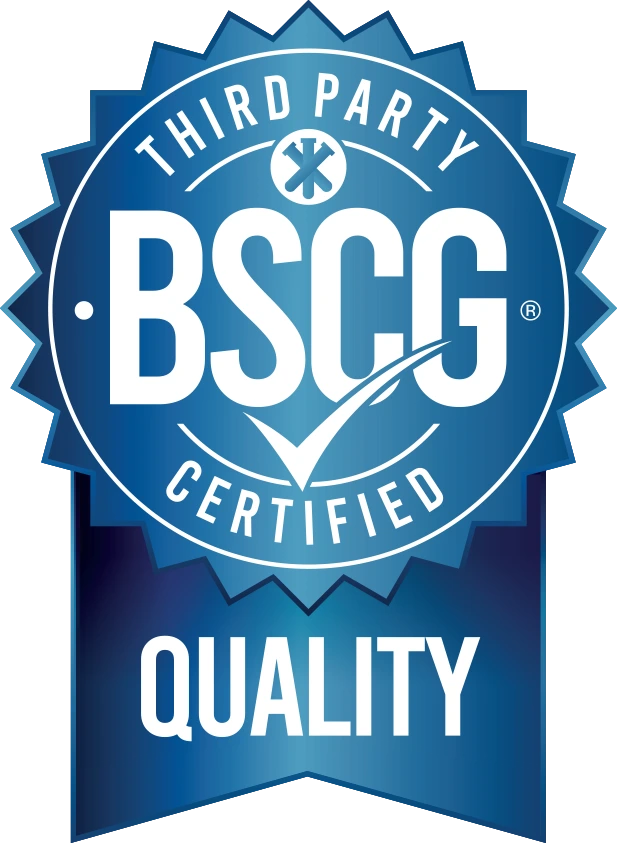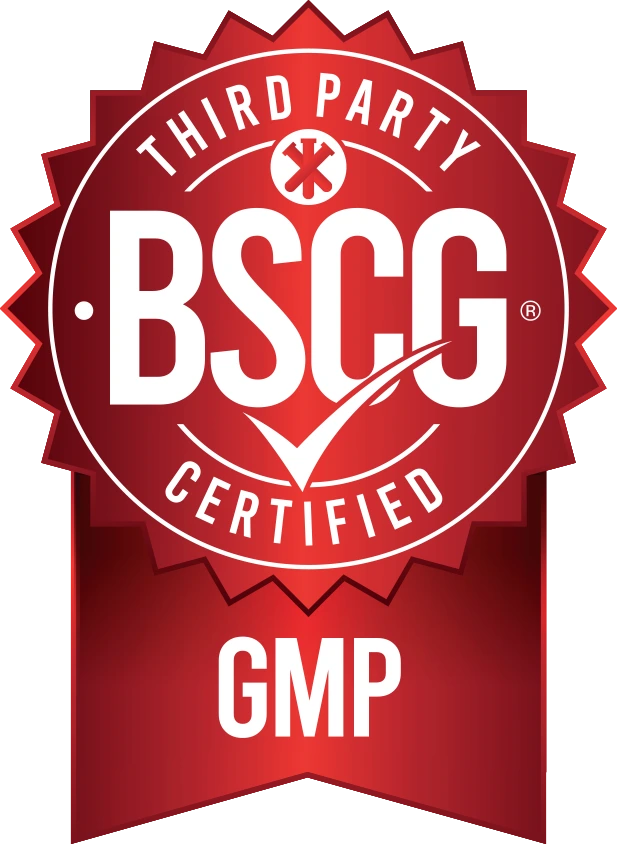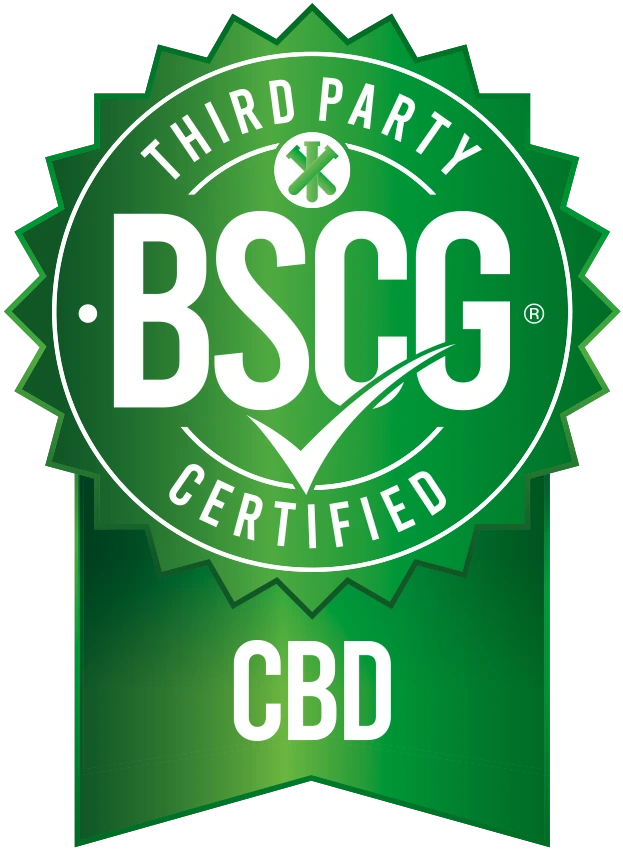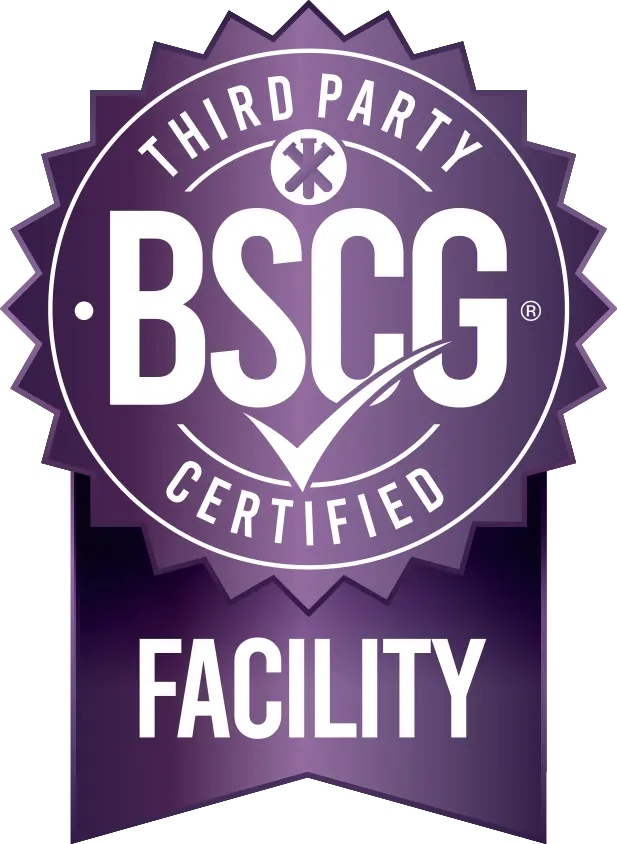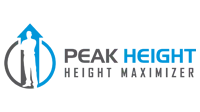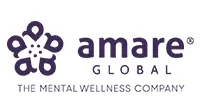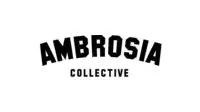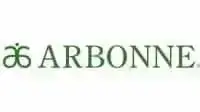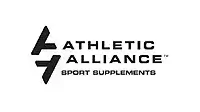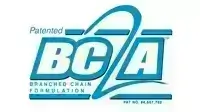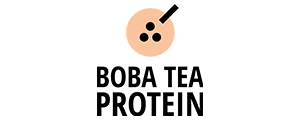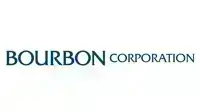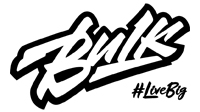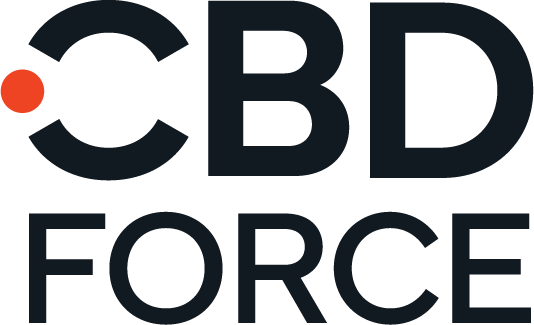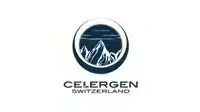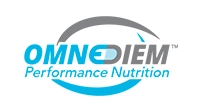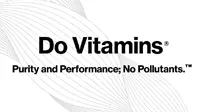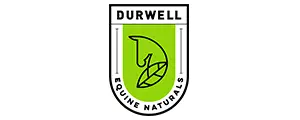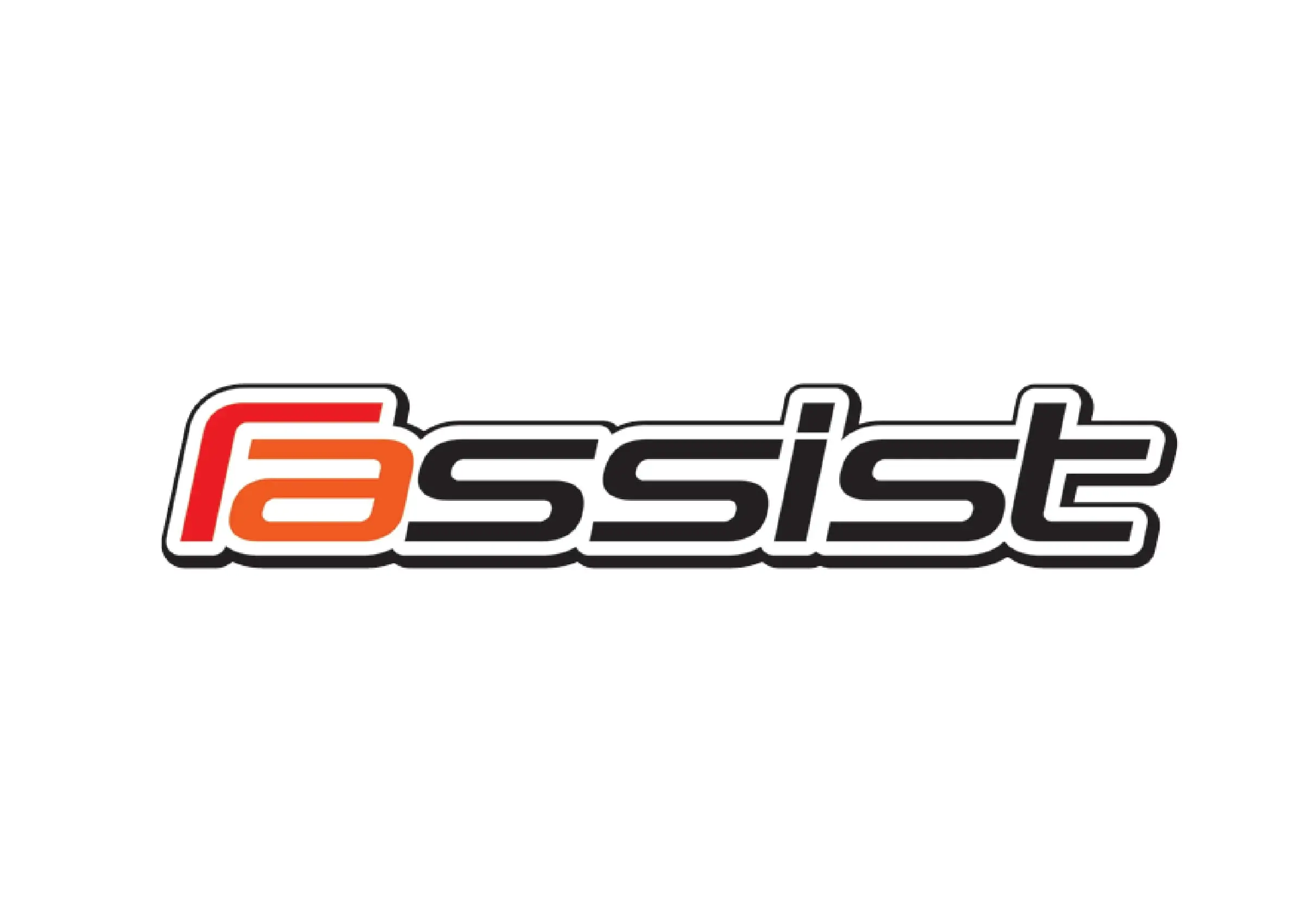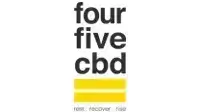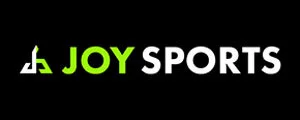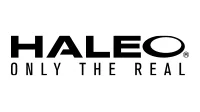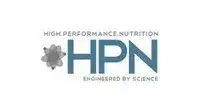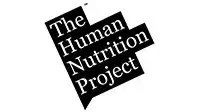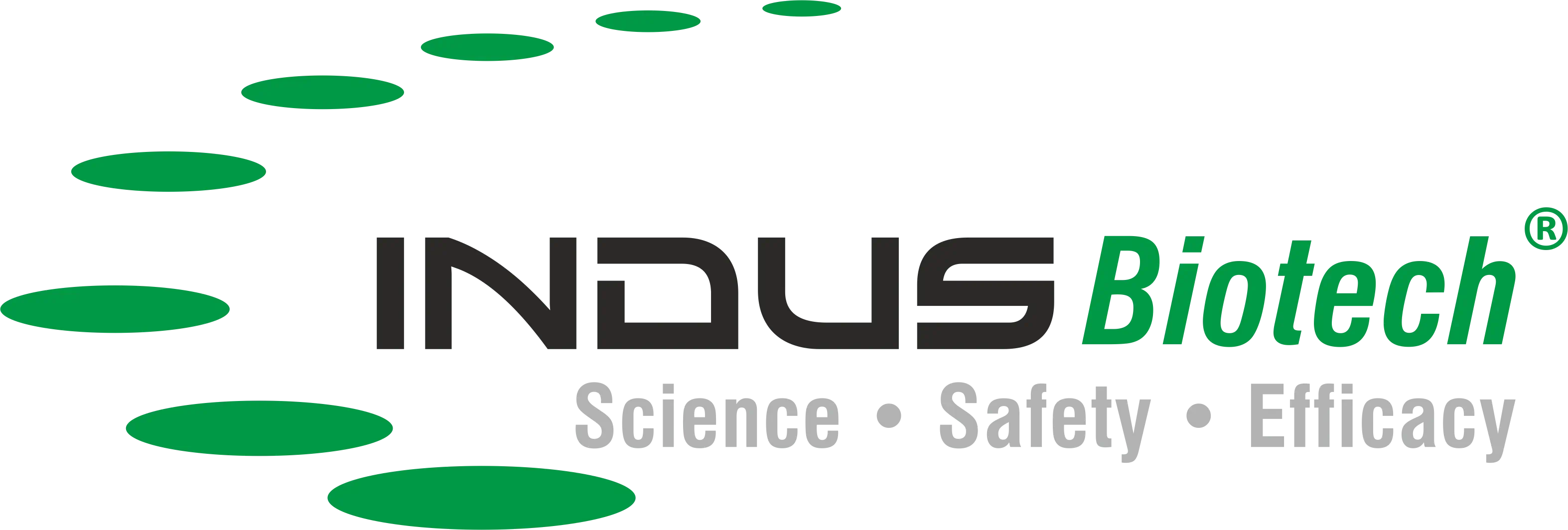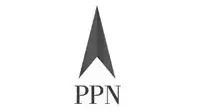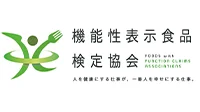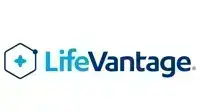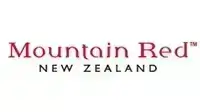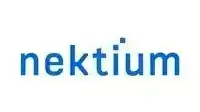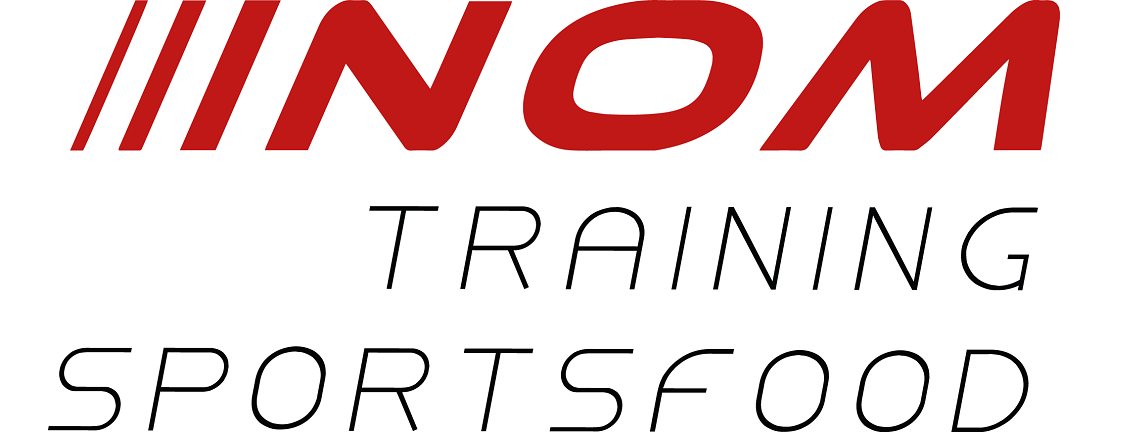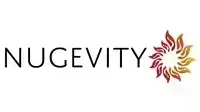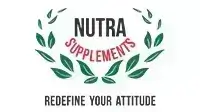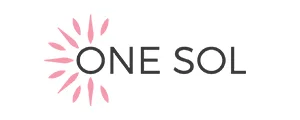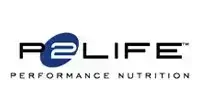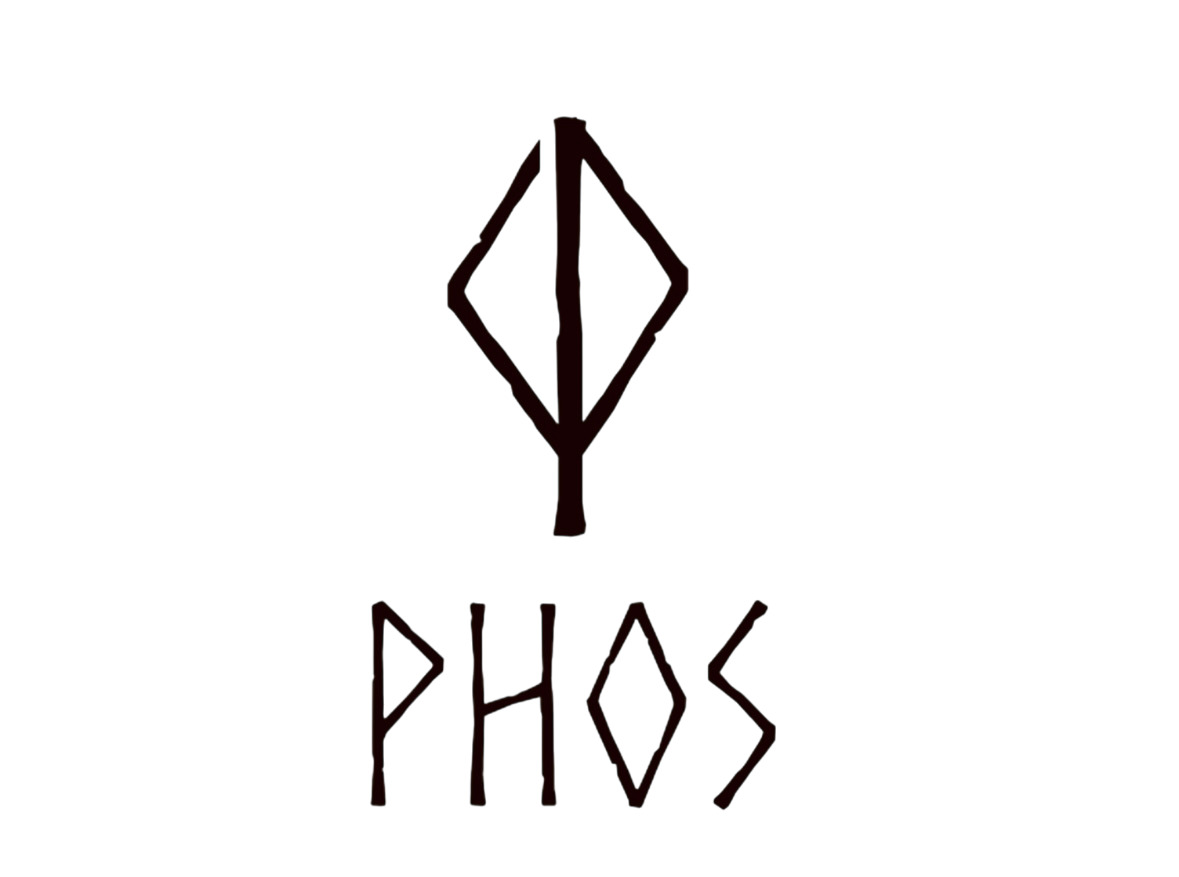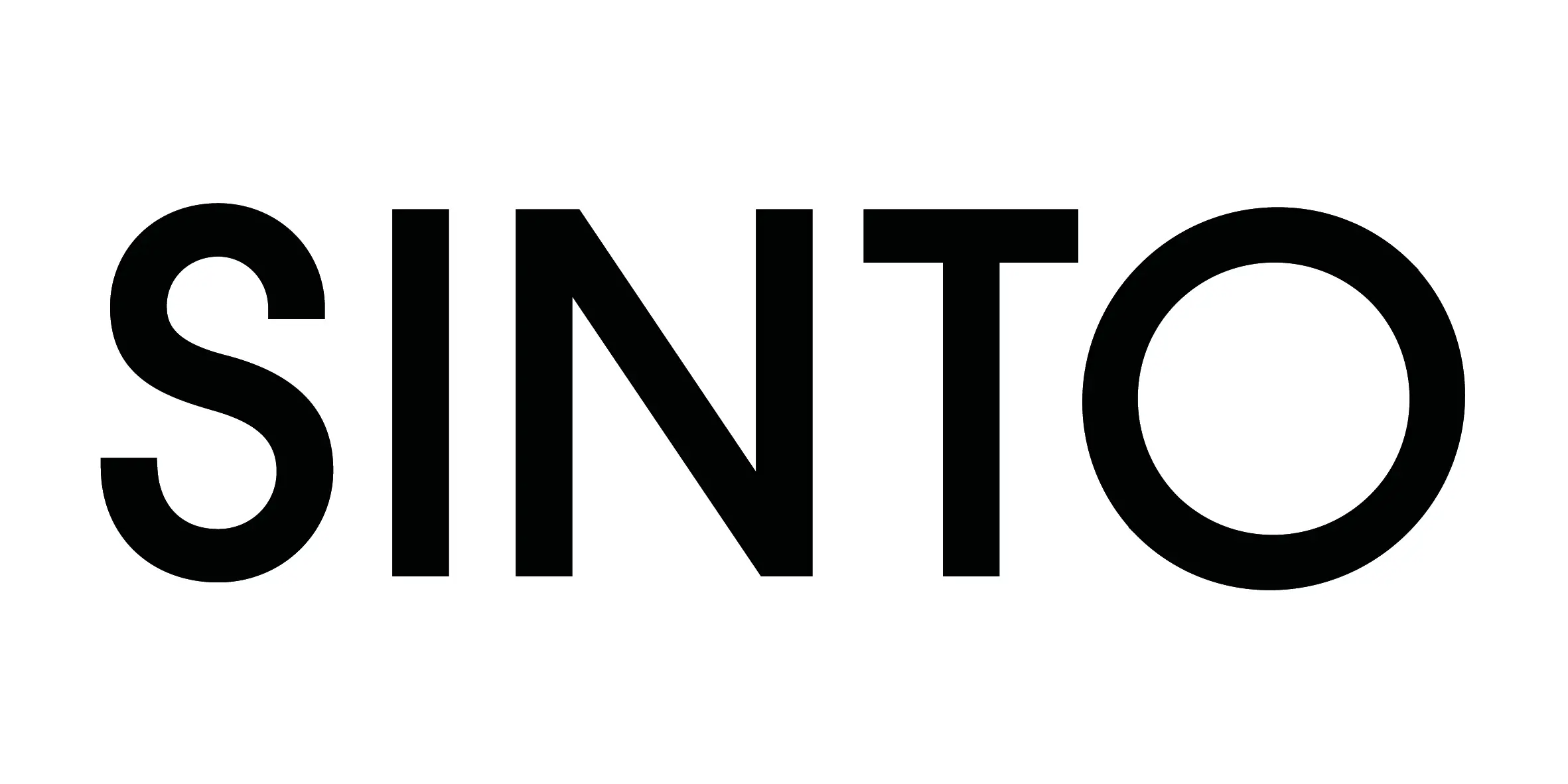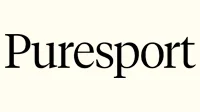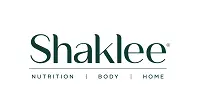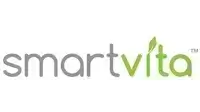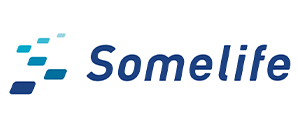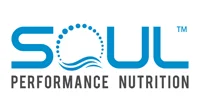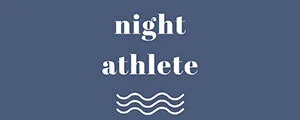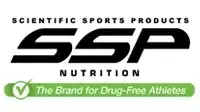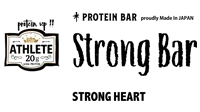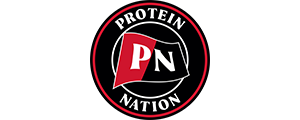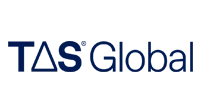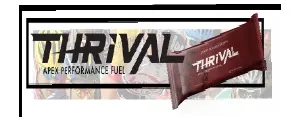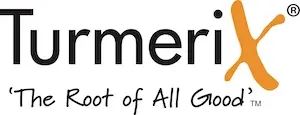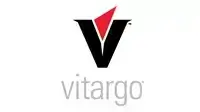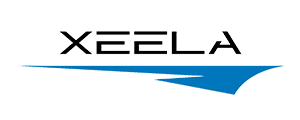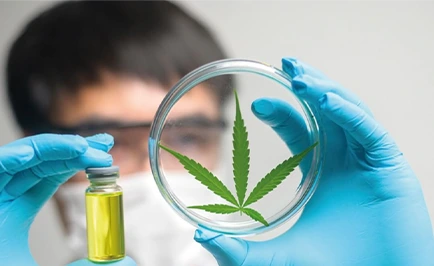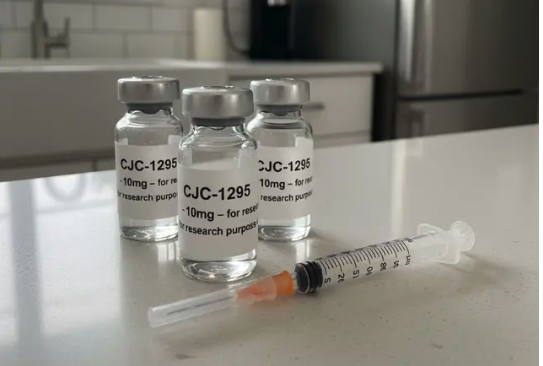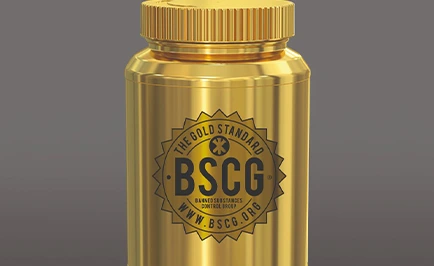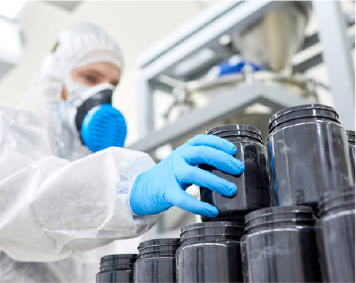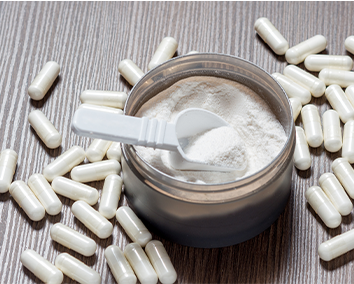The Russian Doping Scandal and the International Olympic Charter Against Doping in Sport
Apr 30, 2018
Backstory: The Russian Doping Scandal, the Olympics, and the International Olympic Charter Against Doping in Sport
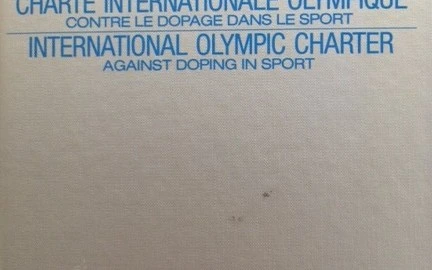
Sadly, an ongoing Russian doping scandal has challenged the central tenets of the International Olympic Charter Against Doping in Sport. The debate rages at the highest levels of sport about whether Russian athletes should be allowed to participate in this summer’s Olympic Games in Rio. This follows an investigation overseen by former WADA president Dick Pound last fall finding Russia’s track and field program was corrupt and riddled with systematic doping. Earlier this year, a large number of Russian athletes tested positive for the banned substance meldonium. And two weeks ago, the head of drug testing for the 2014 Sochi Winter Olympics, Professor Grigory Rodchenkov, alleged a scheme in which he, at the behest of the Russian government, oversaw doping of Russian Olympic athletes and result tampering.
Back in 1988, at an international sports anti-doping conference in Ottawa, Canada, 85 delegates of sport, doping control, and government representing 27 nations and the IOC (International Olympic Committee) met to refine and approve the first International Olympic Charter Against Doping in Sport. The guide was meant as an official code of conduct for sporting organizations, countries, and athletes participating in the Olympics.
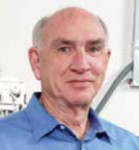 BSCG’s Chief Science Officer, Dr. Don Catlin, a longtime IOC Medical Commission member
who founded and directed the UCLA Olympic Analytical Laboratory prior
to the Los Angeles 1984 Summer Olympics, worked with a small group of
colleagues to first propose the idea of the charter and was a co-writer
of the document. The need for a more definitive set of principles and
rules had been building since an anti-doping declaration of athletes and coaches at Baden-Baden in 1981 and a call from the IOC’s Athletic Commission in 1985 for stronger doping controls and more severe sanctions.
BSCG’s Chief Science Officer, Dr. Don Catlin, a longtime IOC Medical Commission member
who founded and directed the UCLA Olympic Analytical Laboratory prior
to the Los Angeles 1984 Summer Olympics, worked with a small group of
colleagues to first propose the idea of the charter and was a co-writer
of the document. The need for a more definitive set of principles and
rules had been building since an anti-doping declaration of athletes and coaches at Baden-Baden in 1981 and a call from the IOC’s Athletic Commission in 1985 for stronger doping controls and more severe sanctions.
The original charter, written in both English and French, was approved by the IOC and endorsed unanimously by all represented countries and related organizations. Meant as both a values statement and a practical guide, it contained a preamble outlining principles and seven sections covering such topics as banned drugs, sample testing, and guidelines for out-of-competition and short-notice testing.
The charter describes the importance of anti-doping rules to sport. Doping agents in sport, it states, are “both unhealthy and contrary to the ethics of sport,” so it is necessary to set rules with the intent to “protect the physical and spiritual health of athletes, the values of fair play and of competition, the integrity and unity of sport, and the rights of those who take part in it at whatever level.”
At the end of the charter’s preamble, the countries agree the “following elements are fundamental elements of a common anti-doping policy and strategy, and that they should be applied by governments and sports organizations, acting both individually and in co-operation” as well as “to implement those measures which are within their competence, and to encourage their partners to implement those which fall within their powers.”
The document acknowledged national anti-doping programs could vary from nation to nation depending on the particular government or sport structure, but that certain program elements were considered fundamental to any national anti-doping program. These essentials included a published national anti-doping policy, national coordination, an anti-doping experts advisory group, accredited laboratories, doping control via scientific testing, due-process mechanisms, and education programs.
Annex 6 related to the rights and responsibilities of sports organizations, athletes, and their entourage. The responsibilities of sports organizations were clearly stipulated: “To take all the appropriate steps to organize fair competitions and, in particular of this context, free from doping and to protect athletes and competitors who compete in a fair and equal manner and to exclude those who attempt to benefit from undue use of banned doping classes or methods.”
Since its 2013 report on the ‘Lack of Effectiveness of Testing Programs‘, WADA has been suggesting that a key challenge for the global anti-doping effort is getting stakeholders such as sporting organizations and governments to buy into the ideal of clean sport and has acknowledged that this hasn’t been achieved. The ongoing clamor surrounding the Russian doping scandal illustrates the point well, as it only takes one stakeholder such as Russia to go awry for the whole Olympic system to be thrown out of balance and the credibility of the Games to be undermined.
Whether Russian athletes will be allowed to participate in the upcoming Summer Games remains to be seen. But the letter and spirit of the International Olympic Charter Against Doping in Sport have been clear for 28 years. From the start, the Olympics’ official code of ethics was a useful tool in identifying whether a country was in violation of doping standards, and it remains so today.
